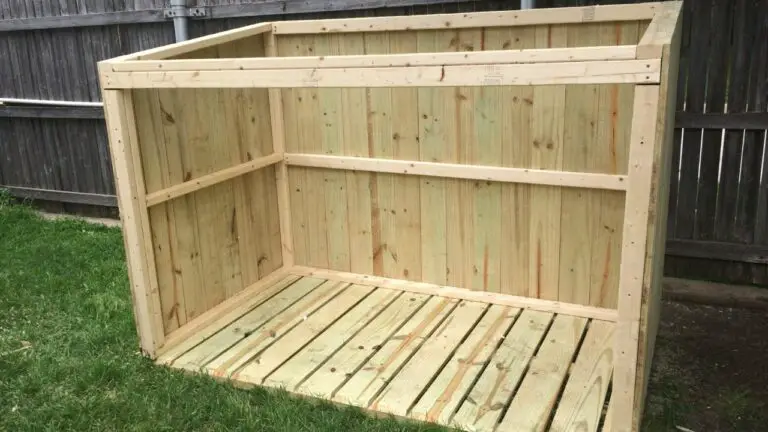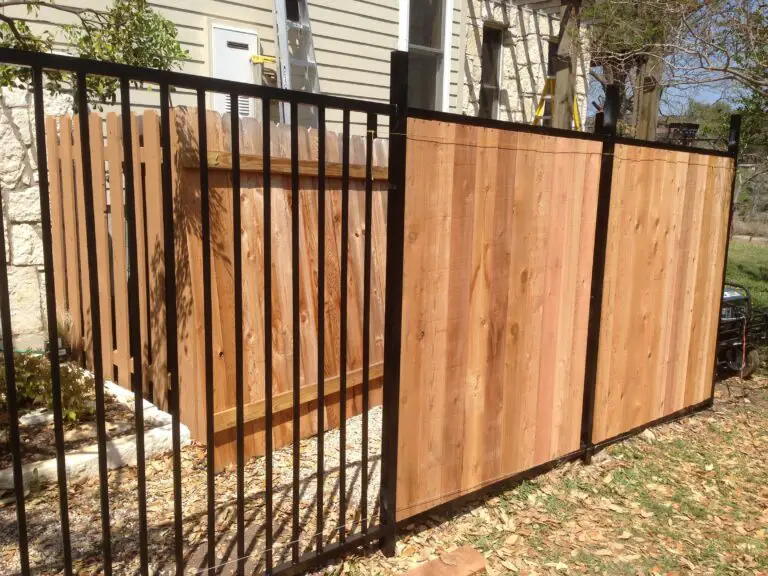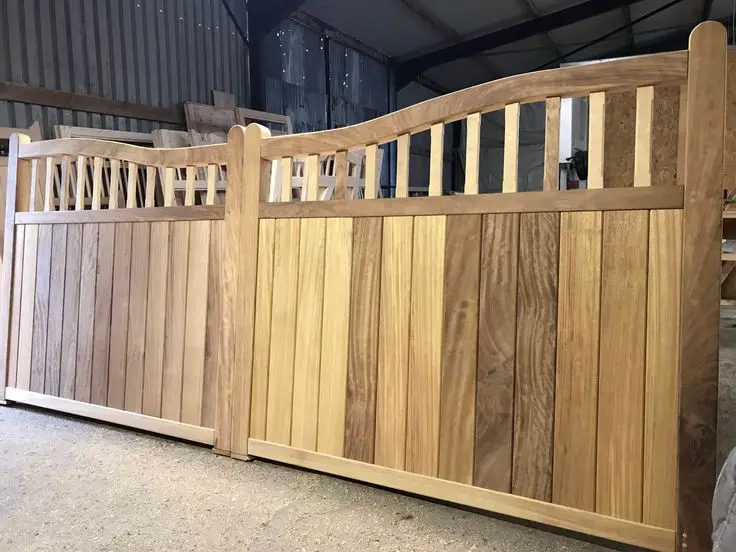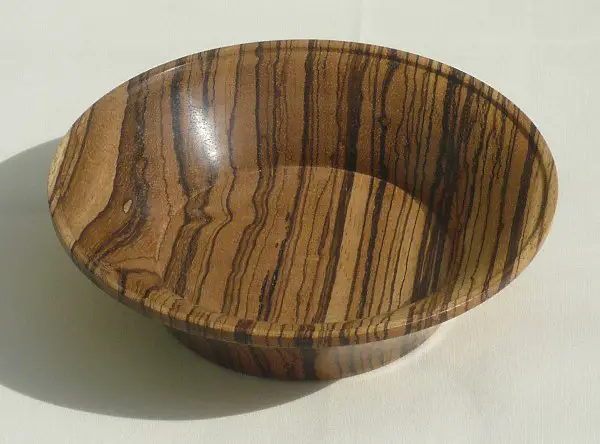What is the Best Wood for Trailer Decking : Top Picks for Maximum Durability
When it comes to choosing the best wood for trailer decking, there are several factors to consider such as durability, strength, and resistance to weather and wear. Trailer decking is subjected to heavy loads and harsh environmental conditions, so selecting the right type of wood is crucial to ensure safety and longevity of the trailer.
Factors to Consider
Before we delve into the best wood options for trailer decking, let’s first take a look at the key factors that should influence your decision:
- Durability: The wood should be able to withstand heavy loads and resist wear and tear.
- Strength: It should have the necessary strength to support the weight of the cargo and the trailer itself.
- Resistance to Weather: The wood should be able to withstand exposure to moisture, UV rays, and temperature changes.
- Maintenance: Consider the level of maintenance required to keep the trailer decking in good condition.

Credit: todayshomeowner.com
Best Wood Options for Trailer Decking
Now that we understand the important factors, let’s explore some of the best wood options for trailer decking:
1. Apitong
Apitong, also known as Keruing, is a popular choice for trailer decking due to its exceptional durability and strength. It is highly resistant to wear, decay, and insect infestations, making it ideal for heavy-duty applications. Apitong wood is also known for its natural oils that contribute to its weather resistance, reducing the need for frequent maintenance.
| Pros | Cons |
|---|---|
| Highly durable and strong | Can be more expensive than other options |
| Resistant to wear and decay | Requires specialized fasteners and tools for installation |
| Low maintenance |
2. Oak
Oak is another popular choice for trailer decking, prized for its strength and resilience. It is able to withstand heavy loads and has natural resistance to decay and insect damage. However, oak tends to be heavier than other woods, which can impact the overall weight of the trailer.
| Pros | Cons |
|---|---|
| Strong and resilient | Heavier than other wood options |
| Naturally resistant to decay and insects | Requires regular maintenance to prevent cracking and warping |
3. Douglas Fir
Douglas Fir is known for its strength-to-weight ratio, making it an excellent choice for trailer decking. It offers good durability and is relatively lightweight compared to some other hardwoods, which can help minimize the overall weight of the trailer. However, Douglas Fir may require more frequent maintenance to preserve its appearance and structural integrity.
| Pros | Cons |
|---|---|
| Good strength-to-weight ratio | Requires regular maintenance |
| Relatively lightweight | |
Frequently Asked Questions On What Is The Best Wood For Trailer Decking : Top Picks For Maximum Durability
What Are The Best Wood Options For Trailer Decking?
Some of the best wood options for trailer decking include oak, apitong, and pine.
How Long Does Wood Trailer Decking Last?
With proper maintenance, wood trailer decking can last up to 15-20 years depending on the type of wood used.
Is Pressure-treated Wood Suitable For Trailer Decking?
Yes, pressure-treated wood is suitable for trailer decking as it provides resistance to rot and decay.
What Are The Benefits Of Using Hardwood For Trailer Decking?
Hardwood offers durability, strength, and resistance to wear and tear, making it ideal for trailer decking.
Conclusion
When it comes to choosing the best wood for trailer decking, Apitong, Oak, and Douglas Fir are all solid options to consider. Each type of wood has its own set of characteristics and considerations, so it’s important to assess your specific needs and preferences before making a decision. Whether you prioritize durability, weather resistance, or maintenance, there is a wood species that can meet your requirements for trailer decking.
Investing in high-quality wood for your trailer decking can pay off in the long run by providing a safe and reliable platform for transporting cargo while minimizing the need for frequent repairs and replacements.




